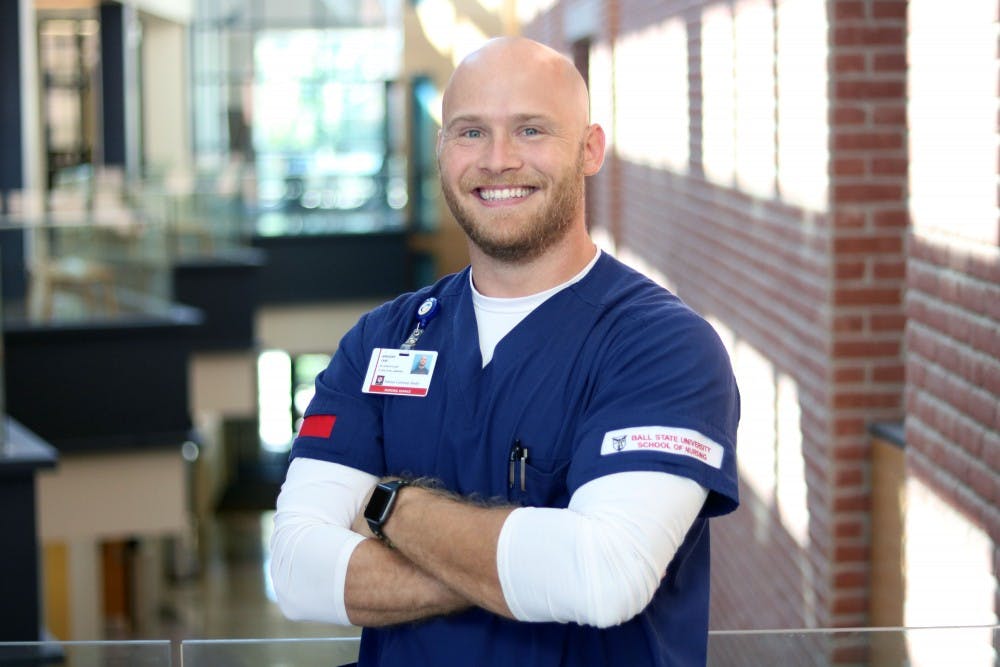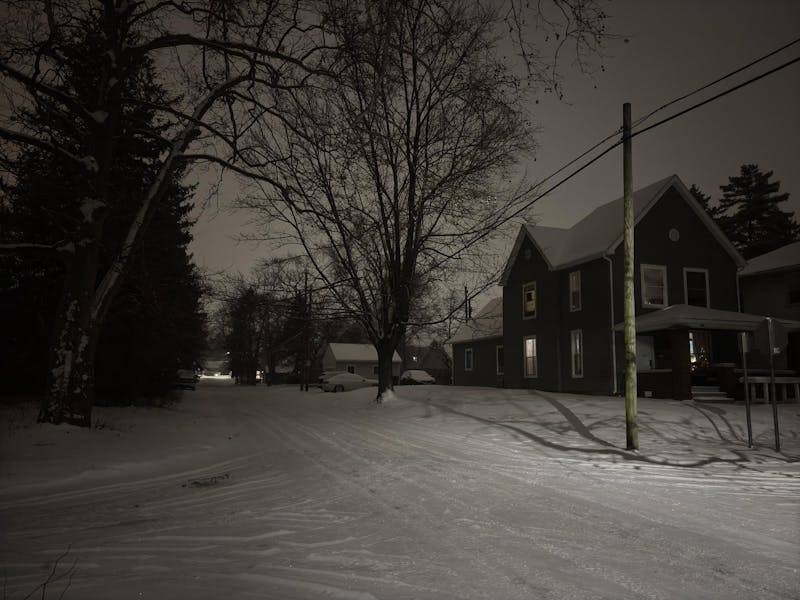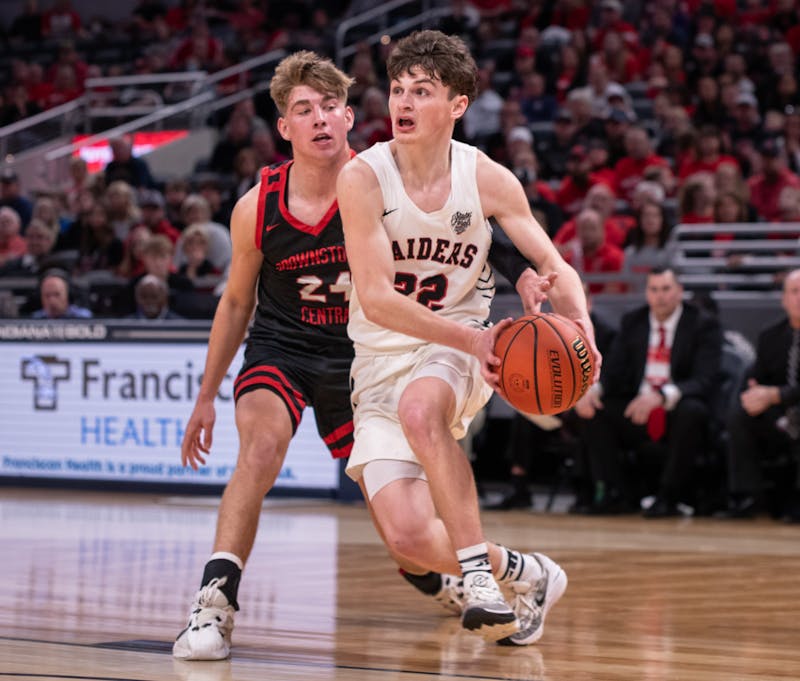“My dad shoots bad guys.”
Gregory Lane, a seven-year U.S. Marine and father of two, is proud to have served his country, but he couldn’t help wincing at the job description.
His now 8-year-old son boasted to his friends about how cool his dad’s job was. After all, what’s cooler than ‘shooting bad guys’ in the fantasies of almost every little boy?
When Lane joined the military in 2007, it was more to correct his life’s crooked course than to satisfy a boyish dream.
Self-described as “loud, arrogant and disrespectful,” Lane knew he couldn’t afford to be on that path any longer. His time in the military taught him discipline and took him to combat-heavy areas around the world, such as Somalia and Iraq.
However, while on deployment, a cadaver transplant surgery replacing the cartilage in Lane’s left knee led him home under medical discharge.
The injury would go under-treated for six years.
Lane tried to schedule appointments with his assigned Veterans Affairs Hospital, VA, in the U.S. for months. The only other two clinics in the area were also filled to capacity. Lane was given the choice between the VA or paying out-of-pocket.
Thousands of other veterans in the United States also have to make that same choice, even here in Muncie where the average wait time is 17 days.
After Lane’s painful experience waiting on healthcare, the only thing more hurtful was hearing his son sum up his job as ‘shooting bad guys’ overseas.
“I couldn’t let him remember me like that,” Lane said. “I didn’t want that to be my legacy.”
Lane decided to enroll in Ball State’s nursing program in 2016 to one day become a physician and grant future veterans better healthcare than he received.
When Marianna Zamlauski-Tucker, assistant professor of physiology, heard Lane’s ambitions for the future to aid other veterans, she knew he had the heart and experience to see it through.
“It sounded wonderful,” Zamlauski-Tucker said. “I think veterans in this country should get all the help that they need, and a lot of them do have a hard time adjusting to ordinary life after they’ve gotten out of the service.”
Lane’s commitment to his goal extends not just to future veterans, but also the ones in his local community, where he guides and advises fellow student veterans on how they can succeed on-campus.
“I don’t want veterans to come to Ball State and feel isolated like I did,” Lane said. “There was a stigma about me and an expectation about my capabilities that were so much less than what I had to offer.
“It was degrading to have people talk to me like that, and I don’t feel like veterans should have to have their dreams stomped on because they were in the military.”
When the position of Student Veteran Organization president at Ball State opened up in 2017, Lane filled the void. He also helped increase the organization’s membership from nine people in 2015 to more than 40 active members in 2018.
Michael Black, assistant director of veterans affairs at Ball State, said the organization’s exponential increase in membership was from Lane taking care of veterans who arrived on campus.
“We’d let him know whenever a new veteran would come on campus, and he’d reach out to them, and he’d start them off right,” Black said. “He’d show them the best place to get books...and what to expect transitioning from military to campus life. His heart was 100 percent in helping people.”
Lane hopes to get his master’s degree in physiology next fall,and further pursue his studies in med school, so he can continue to aid the veteran community.
His contributions to SVO have also inspired the idea for a future mentorship program at Ball State. It will pair veterans studying at Ball State with the ROTC, so that every future military officer will have their own ‘Greg Lane’ to aid them with their own advice and expertise on how to succeed within and outside of the military.
Contact Adam Pannel with comments at arpannel@bsu.edu.





The Daily News welcomes thoughtful discussion on all of our stories, but please keep comments civil and on-topic. Read our full guidelines here.